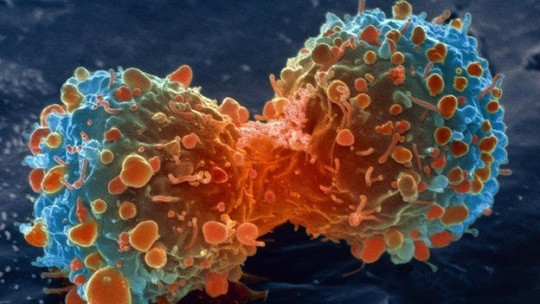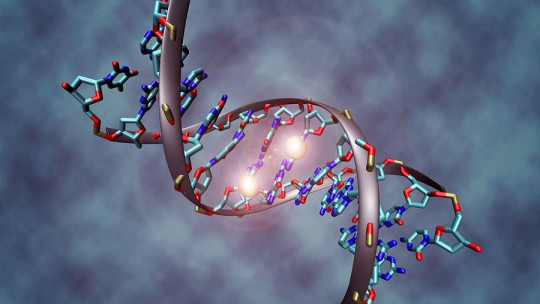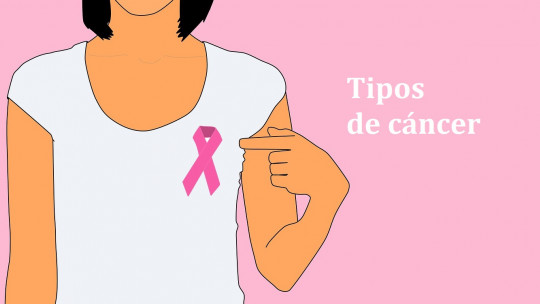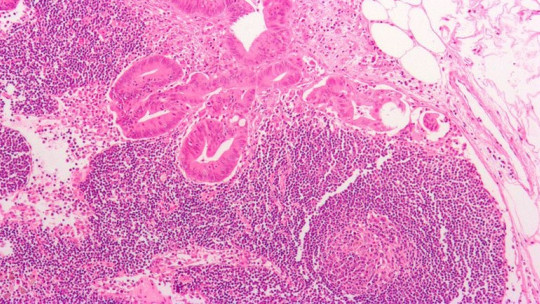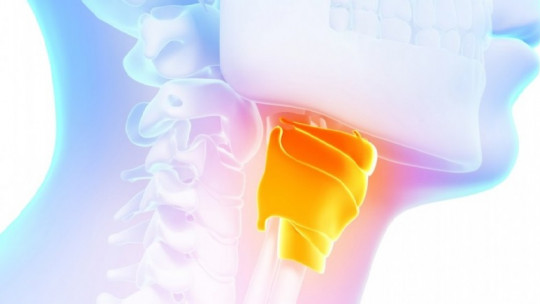In recent decades, there has been an alarming increase in the incidence of cancer among young people. especially in those between the ages of 20 and 40. This is a phenomenon that raises concern both in the medical community and in society in general.
According to recent data, it is estimated that a growing number of adolescents and young adults are being diagnosed with different types of cancer, raising questions about the underlying causes. One of these questions is: does the lifestyle of young people have anything to do with this increase in cancer cases? Let’s see what the research says about this.
Are habits behind the increase in cancer cases in young people?
Many experts point to unhealthy lifestyles, lack of physical activity, alcohol and tobacco use, and increased stress as influences on this trend. This article explores the relationship between the lifestyle of young people and the increase in cancer cases, seeking to understand if they are truly responsible for this worrying situation.
A study carried out by the American Cancer Society revealed that, since 1990, Colon cancer cases in people aged 20 to 34 have increased by 51%. In addition, breast and pancreatic cancer have also shown a significant increase in this age group. This increase is not limited to a single type of cancer; affects in various ways, indicating a worrying trend that is altering the current public health landscape.
The most disturbing thing about this situation is that, Historically, cancers have been much more common in older people. However, growth in the young population suggests that specific lifestyle factors may be playing a crucial role in this change. Oncologists and public health experts have expressed concern about this phenomenon, which not only affects the lives of diagnosed individuals, but also poses a considerable challenge to health systems.
The increasing prevalence of cancer in this age group has led to the need for greater awareness and attention to health in young people. Education campaigns about prevention and early detection are now more crucial than ever. As experts continue to investigate the reasons behind this increase, It is essential that both young people and their families are informed about the risks and symptoms to facilitate earlier diagnosis and ultimately improve survival rates.
Lifestyle risk factors
Various risk factors associated with the habits and behaviors of young people have been identified as possible responsible for the increase in the incidence of cancer. In this section, we will go over some of the main risk factors.
1. Unhealthy eating
One of the most significant factors is unhealthy eating. The adoption of diets rich in sugar, saturated fats and ultra-processed foods has increased among young people. These diets are directly associated with obesity, which is a known risk factor for several types of cancer, including colon, breast, and pancreatic cancer. Additionally, a lack of fresh fruits and vegetables in your daily diet means a lower intake of essential nutrients and antioxidants, which are crucial for maintaining a strong immune system and fighting the development of cancer cells.
2. Sedentary lifestyle
Another relevant factor is sedentary lifestyle. The modern lifestyle has led many young people to spend most of their time sitting, whether in front of a computer screen, at school or at home. Physical inactivity not only contributes to weight gain, but has also been linked to an increased risk of cancer, especially breast and colon cancer. Regular physical activity, on the other hand, is essential for maintaining a healthy weight and can help reduce the risk of developing several types of cancer.
3. Tobacco and alcohol
Tobacco and alcohol use are also a concern. Although tobacco use rates have decreased overall, the use of tobacco products and vaporizers has increased among young people, exposing them to carcinogens. In addition, excessive alcohol consumption, often associated with youth culture, leisure and celebrations can increase the risk of several types of cancer, including liver and esophageal cancer.
4. Stress and lack of sleep
Finally, stress and lack of sleep are factors that, although less visible, also play a crucial role. Academic pressure, job uncertainty, and social expectations can lead to high levels of stress which, in turn, can negatively affect the immune system. Lack of sleep, a common problem among young people, has been associated with an increased risk of chronic diseases, including a predisposition to cancer.
The importance of prevention and early diagnosis
Given the alarming increase in cancer cases among young people, it is essential to focus efforts on prevention and early diagnosis. These two aspects can make a significant difference in the trajectory of the disease, improving survival rates and quality of life for those who suffer from it.
1. Education and awareness
Prevention must begin with education about the risk factors associated with cancer. Awareness programs in schools and communities can equip young people with information about healthy habits, proper nutrition, physical activity and the dangers of tobacco and alcohol consumption. Promoting a healthy lifestyle from a young age can not only reduce the risk of cancer, but also benefit overall health and emotional well-being.
2. Medical checks
In addition, it is essential to encourage regular medical check-ups and access to early detection tests. Awareness campaigns about the importance of self-examination and diagnostic testing for certain types of cancer, such as breast or testicular cancer, can help identify the disease at earlier stages, when treatment is most effective.
3. Screening programs
The implementation of screening programs in the young population can be a vital tool. For example, cervical cancer screening through the Pap test and vaccination against human papillomavirus are effective strategies that have been shown to reduce the incidence of this type of cancer in young women.
Recommendations for a healthy lifestyle
Adopting a healthy lifestyle is essential to prevent cancer and improve the quality of life of young people and thus reduce the numbers of youth cancer. Below are some practical recommendations that can help promote healthy habits.
1. Balanced diet
Prioritize a diet rich in fruits, vegetables, whole grains and quality proteins. Avoid ultra-processed foods, rich in sugars and saturated fats, which are associated with an increased risk of cancer. The incorporation of antioxidants and phytochemicals, present in fruits and vegetables, can help protect the body from cellular damage and the dangers that these can represent.
2. Regular exercise
Physical activity is crucial to maintaining a healthy weight and reducing the risk of several types of cancer. At least 150 minutes of moderate physical activity per week is recommended, which may include walking, running, swimming or playing sports. In addition, exercise improves mental and emotional well-being, contributing to a more balanced life.
3. Avoid tobacco and alcohol
Tobacco consumption is the main cause of preventable cancer in a relatively simple way. Likewise, excessive alcohol consumption is associated with several types of cancer. Limiting or eliminating these habits can significantly reduce the risk of developing cancer.
4. Stress management
Practicing relaxation techniques, such as meditation, yoga or deep breathing, can help manage stress, which has often been linked to unhealthy lifestyle choices.
5. Regular health exams
Carrying out regular medical check-ups and screening tests can help in early identification of any health problems, including cancer. Education about the signs and symptoms of cancer is also vital for timely detection.
Conclusions
The increasing incidence of cancer among young people is worrying for many sectors of society and, in large part, has been seen attributable to unhealthy lifestyle habits. Adopting a balanced diet, engaging in regular physical activity, avoiding tobacco and alcohol, managing stress and undergoing medical check-ups can significantly reduce the risk of developing cancer, thus promoting a healthier and fuller life.



